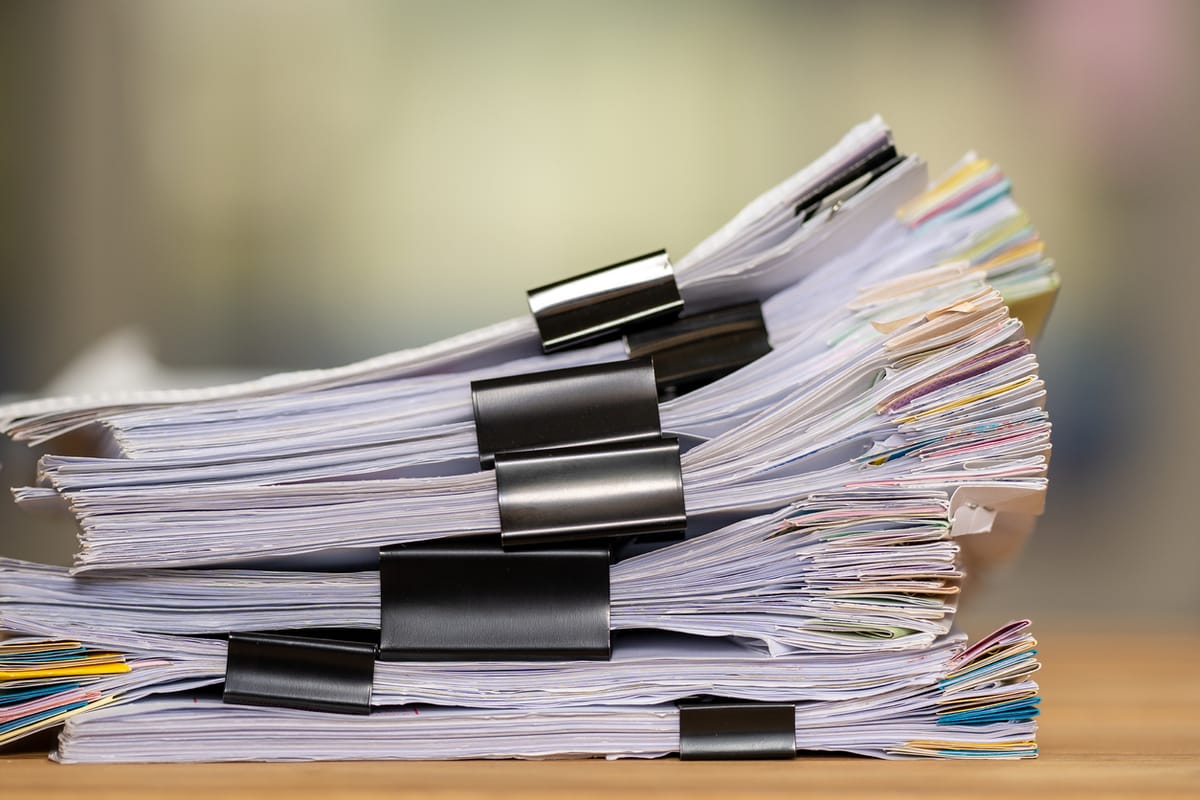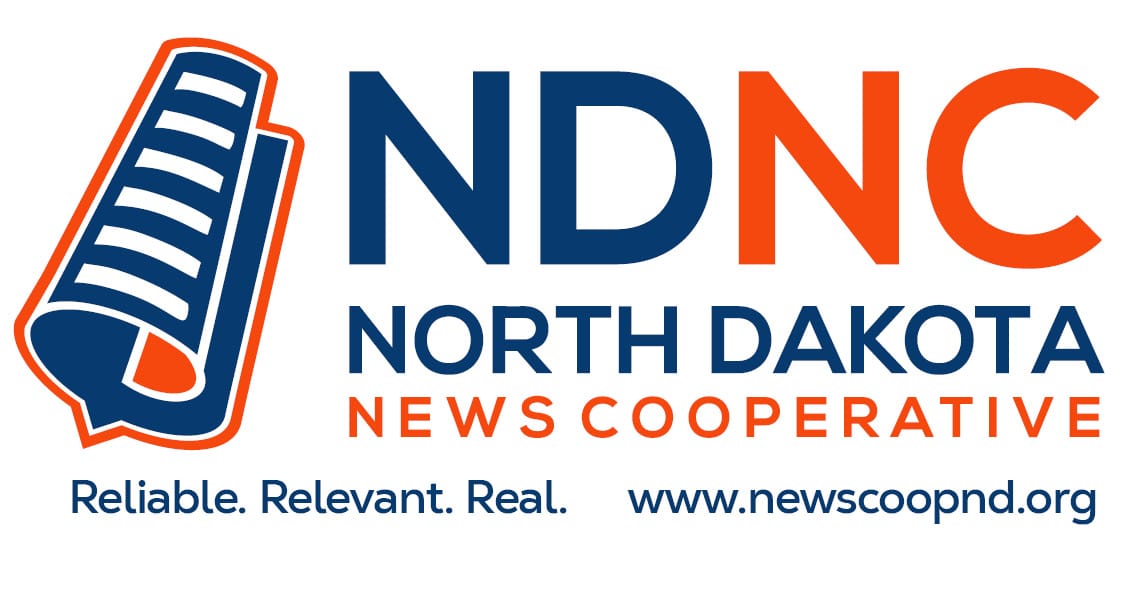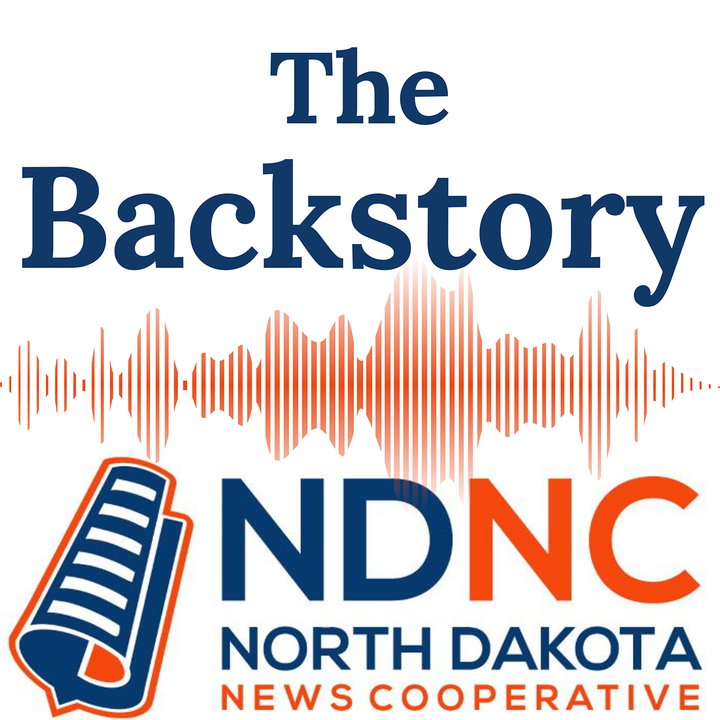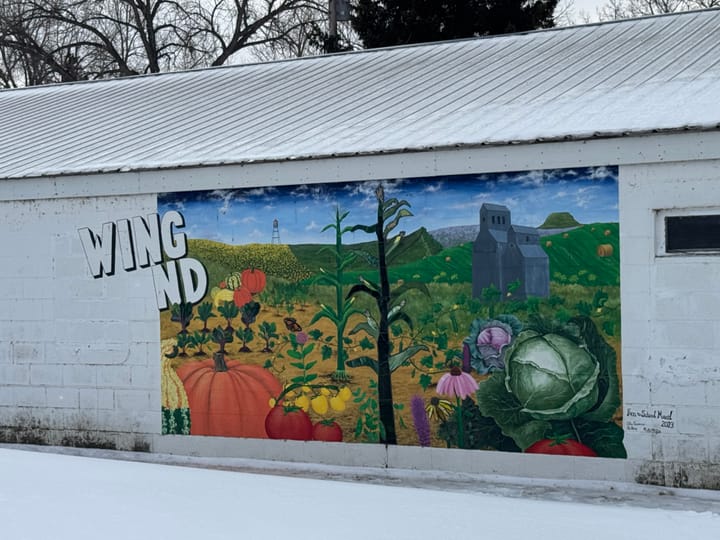Election officials inundated with records requests
Dealing with requests erodes hours of work time

Election officials across North Dakota have been inundated with hundreds of requests for records over the past several months from activists alleging unproven vote count manipulation related to the 2020 presidential election.
The trouble is, most requests ask for information that does not exist, and the flood of requests is tying up and frustrating state and county officials as they prepare for upcoming midterm elections on Nov. 8, 2022.
Officials in Barnes, Burke, Burleigh, Pierce, Slope, Steele, Towner and Wells counties confirmed they had received a multitude of these requests in recent months, often with similar wording and frequently threatening court action if documents are not produced.
Several officials indicated that they understand the situation is state-wide.
The phenomenon stems from allegations made by MyPillow CEO Mike Lindell at a symposium in South Dakota in August 2021 where he stated that results of the 2020 presidential election were electronically manipulated broadly across the country.
Further efforts from a Texas-based nonprofit called True the Vote alleging widespread voter fraud and a movie released in May by conservative filmmaker Dinesh D’Souza called “2000 Mules” kept the drumbeat of email requests steady through early September.
A big time suck
State Election Director Brian Newby said that many of the requests are nearly duplicate, cut-and-pasted emails asking for information that does not exist or that requestees likely do not even understand themselves.
“That’s time consuming,” said Newby during an interview at the Capitol.
The emailed records requests are sometimes from legitimate residents of North Dakota, many who send frequent requests, as well as obvious fake names and accounts, Newby said.
Requests come from both inside and outside the state. NDNC reviewed several of the requests and attempted to contact the senders, but none of those inquiries were responded to by the time of writing.
“It’s a nuisance, to be sure,” said Beth Didier, Barnes County auditor. “The worst part is that it always instills a sense of mild panic, as it seems people out there are trying to catch us doing something wrong, when most of us are trying our very best to do everything right.”
Steele County Auditor Emily Wigen said her office had received “more than usual” correspondence concerning open records requests related to the 2020 election.
“In a small county like ours, it is very time consuming, at a time when we are very busy with a current election, as well as the other duties and job functions we have in our jobs,” Wigen said. “We have limited staff to be able to address the influx in requests.”
It is a similar story for Daniel Stutlien, county auditor in Wells, who said there’s been a flare up in requests for open records in general, not only related to the 2020 election.
“I think it’s a real attempt just to bog down government at all levels and then sit back and give you that ‘See I told you so’ if you don’t get your other work done,” Stutlien said. “I think they’re just trying to irritate, I honestly do.”
Stutlien said he never had any records requests at all over his 14 years as a superintendent of schools, a position he now holds part time, until this year, when two came to the school.
A domino effect of actions comes from requests that officials are uncertain how to respond to, they said. Usually, for county auditors, the first course is to liaise with the state’s attorney for that county to decide how to address the request. This often then leads to extra meetings and continuous back and forth over an appropriate response.
“I believe in transparency, but how much time do I have to really do this when I’ve got an election coming up, when I’ve got payroll in a couple days, and have to do this or that,” Stutlien said. “And I’m supposed to do this in 37 and a half hours a week? So, okay, what do I do first?”
Josh Frey, State’s attorney for Towner County, said officials across the state take these requests seriously. Each request initiates a determination of what responsibilities there are to respond under the open records law [44-04-18] within North Dakota’s Century Code and formulating the appropriate response.
Section 13 of the code covers what could be termed egregious repeat requests.
“Basically that says if repeated requests disrupt other essential functions of the entity, the entity may refuse or prevent inspection of the records or provide copies of the records,” said Bismarck attorney Jack McDonald.
“The public entity refusing this should state the reason in writing to support the refusal and provide it to the requester, and the requester may seek the attorney general’s opinion if he doesn’t think that was proper,” said McDonald.
For requests of documents that don’t exist, the answer is somewhat easier, McDonald said. Under the Century Code officials do not need to create or compile something that is nonexistent.
“The more requests we get here, the more time it takes, obviously, and the more resources from our small political subdivision it takes to respond to those,” Frey said, estimating it takes at least an hour just to review each request.
With the elections related requests, Frey said, the process can become more time consuming if it is related to something that’s not been asked for in the past. Such emails lead to discussion to determine if the office can release documents or not, or whether they even exist.
“I think part of it is they’re just tired,” Newby said of election officials, auditors, attorneys, and staff in their offices. “It’s no fun to wake up every day and hear how you must be doing your job poorly.”
The records request campaign is possibly leading to some burnout. Of the 53 counties, Newby said there are around 16 new auditors since the 2020 election.
“Somewhere, in the last couple of years, it has become a thing of if you don’t like the outcome, you blame the referee,” said Newby.
Voter education
While Newby said that the frequency of the 2020 election-related requests has died off somewhat since September 3, when a federal requirement on retention of voter registration and ballot documentation expired, the emails still do arrive.
Erika White, election manager for Burleigh County, said her office is continuing to receive the requests and is attempting to be as transparent as possible. White thinks the goal of the repeated requests is to cause distrust in the election system.
To counter that and increase trust, sustained voter education is needed, she said.
“It would be great to see a statewide education campaign on all of the processes that go into this to ensure that we are following everything properly and that when you cast a ballot it is being counted properly,” White said.
During the previous legislative session, election officials across the state did a presentation for a legislative committee that went through all the voting processes, how absentee ballots are tabulated, how officials were ensuring that voters cast only one ballot, and how they test equipment to make sure it is tabulating correctly, she said.
“I believe they really enjoyed it,” White said. “So doing kind of a statewide push to get that information out to voters would be extremely beneficial, I believe.”
The North Dakota News Cooperative is a nonprofit news organization providing reliable and independent reporting on issues and events that impact the lives of North Dakotans. The organization increases the public’s access to quality journalism and advances news literacy across the state. For more information about NDNC or to make a charitable contribution, please visit newscoopnd.org. Send comments, suggestions or tips to michael@newscoopnd.org. Follow us on Twitter: https://twitter.com/NDNewsCoop.



